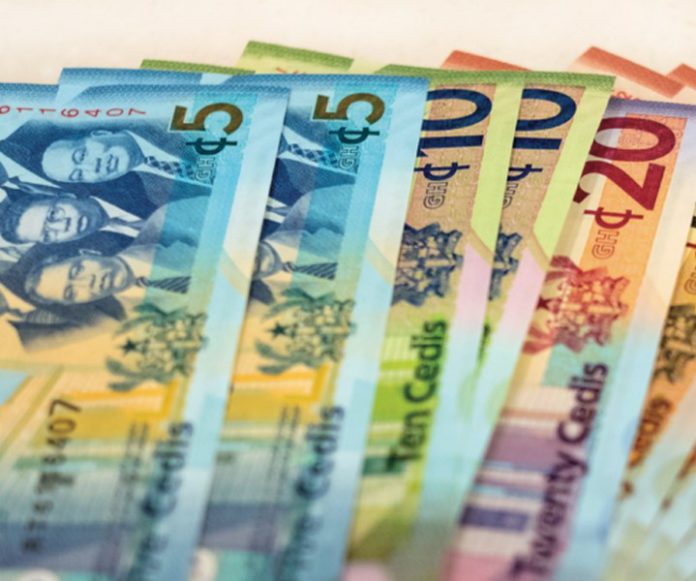The recent appreciation of the Ghana cedi may appear to be good news on the surface, but for the business community, it is not the strength of the currency that matters most — it is the ability to plan.
That’s the message from John Awuah, CEO of the Ghana Association of Banks, who is urging policymakers not to get carried away by the cedi’s current momentum.
Speaking on PM Express Business Edition on Thursday, May 29, Mr. Awuah cautioned that businesses are more interested in stability and predictability than dramatic swings, whether upward or downward.
“Let us not be too excited about significant appreciation,” he said.
“That is not exactly what the business community is looking for. The business community is looking at predictability — not that the currency has depreciated to ¢5 to the dollar, and tomorrow it is ¢10, another time it is ¢9.”
His warning comes as Ghana’s currency sees its strongest performance in recent months, aided by improved external inflows, better fiscal management, and a reduction in speculative demand.
He explained that for businesses to function properly, certain variables — especially the exchange rate — must be reasonably stable.
“You need to be able to plan effectively,” he said. “You need some variables to hold their own and not be oscillating significantly beyond levels that you are unable to predict and have a proper forecast.”
Even in conversations with banks, this instability makes it difficult for clients to provide reliable financial projections, he stated.
“If you are talking to your banks, your ability to project your revenue generation is hampered if a component of your revenue is foreign currency-based,” Mr. Awuah added.
He also addressed the role speculation plays in Ghana’s currency market, noting that a large chunk of past depreciation was driven by artificial pressures and not actual trade.
“I once stated — with no proper research behind it — that I could clearly read that the extent of speculation in the currency movement was between 20 and 30%,” he revealed.
“So if there was a depreciation, about 20 to 30% of that depreciation is not backed by any effective transaction, but by people who are just playing on the currency for temporary price adjustments to profit from the movement.”
According to Mr. Awuah, the current appreciation of the cedi is forcing speculators to reconsider, which is helping to reduce artificial pressures on the market.
“If the currency is able to hold its own, what you are doing is making that trade unattractive,” he explained.
“Now, the cedi is more attractive. So the people who are holding cedi are looking for cedi investments, because the currency is not depreciating as aggressively as we were used to in the past.”
While he acknowledged that there are multiple factors now working in favour of the cedi, Mr. Awuah urged a cautious approach.
He would not commit to whether the appreciation could bring the exchange rate back to single digits, but he expressed some optimism.
“I don’t want to say a wait and see, because I don’t have any reason to doubt the ability of the currency to hold its own,” he said.
“Coming down to single digits, I am not sure. But the point is, we must focus on stability.”
Source: Abubakar Ibrahim



